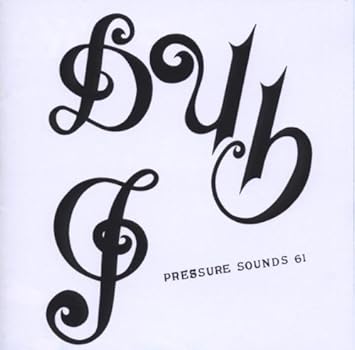 3:00 am
3:00 am
Jimmy Radway & The Fe Me Time All Stars—Dub I (1975)
(Errol Thompson at the controls)
Being hit now with the full brunt of all the alcohol he consumed an hour ago, the invisible man is feeling the strange effects that he experiences on the rare occasions when he drinks to excess: he is losing the sense of separation between himself and the rest of the world.
He's standing on the sidewalk in a residential part of the city when a trio of sharply dressed club refugees brush by him, one seemingly passing through his right arm. With nothing else around to guide him, he follows them down a dark street, along a fence between two homes, and finally to a backyard and a backdoor with a red light glowing above it. When the club kids go in, he does too. He observes with detached amusement that the last one slams the door on him but it passes right through. Inside the house it's warm and clouds of smoke fill the dimly lit rooms, drifting through him where ever he stands. Balloons are inhaled here and there around him, lines are snorted, pills are swallowed. He settles down onto the floor next to a couch, wary of being sat on—or rather, given the way he's feeling now, sat
in. The faces around him are obscured in shadow and wreathed in smoke but they seem to be shifting in shape—sometimes seeming long or wide or covered in spines like a pufferfish, sometimes smudged, sometimes whirling above people's shoulders like slow-motion cyclones. The conversations he hears are mumbled and impenetrable.
This is the world
Dub I inhabits—a dim, smokey place of heat and shadows. It was apparently Jimmy Radway's final album before he got fed up with the music industry and retired to the Jamaican countryside. That being the case, it's quite a swansong. The production here is probably the best I've ever heard on an old dub album—sparse and reverb-drenched in all the right ways. The bass is some of the deepest, heaviest, warmest tones you will ever hear, perpetually sounding like it's coming at you through a shag carpet covered wall. The drums reverberate like they were recorded in the bowels of a subway tunnel. The horns are overdriven and fuzzy, coming on like sparkles of light in a shadow and fading just as quickly. Organ, when it's present, is warm and right up front. Guitar drifts in and out, barely noticed. Vocals only appear on one track, but they're every bit as spacey and transient as the guitar.
Strangely enough for such an incredible album, this release languished in obscurity for decades before it was reissued in 2008. Not only did the reissue do the world a favor by putting this album out there again but it also added five bonus tracks, and unlike most such situations, these bonus tracks are all excellent and fit perfectly in with the rest of the album. Honestly, there's not a bad song to be found here, but there are assuredly some standout tracks. "Back to Africa" and "Mother Liza" are both the epitome of that heavy, heavy bass mentioned earlier. "This Child of Mine Version" and "Black I Am" tear at your heart with their beautiful, bittersweet chord progressions. "The Great Tommy McCook" turns guitar triplets into part of the rhythm section and even tosses in some surprising piano for good measure. "Wicked Have to Feel It" closes the album out with some more elephantine bass and the heaviest, most prominent organ on the album. Some samples are below, but If you check this out,do yourself a favor and listen to this on a decent sound system or headphones because you are just not going to get the full badassery of the low-end from computer speakers.